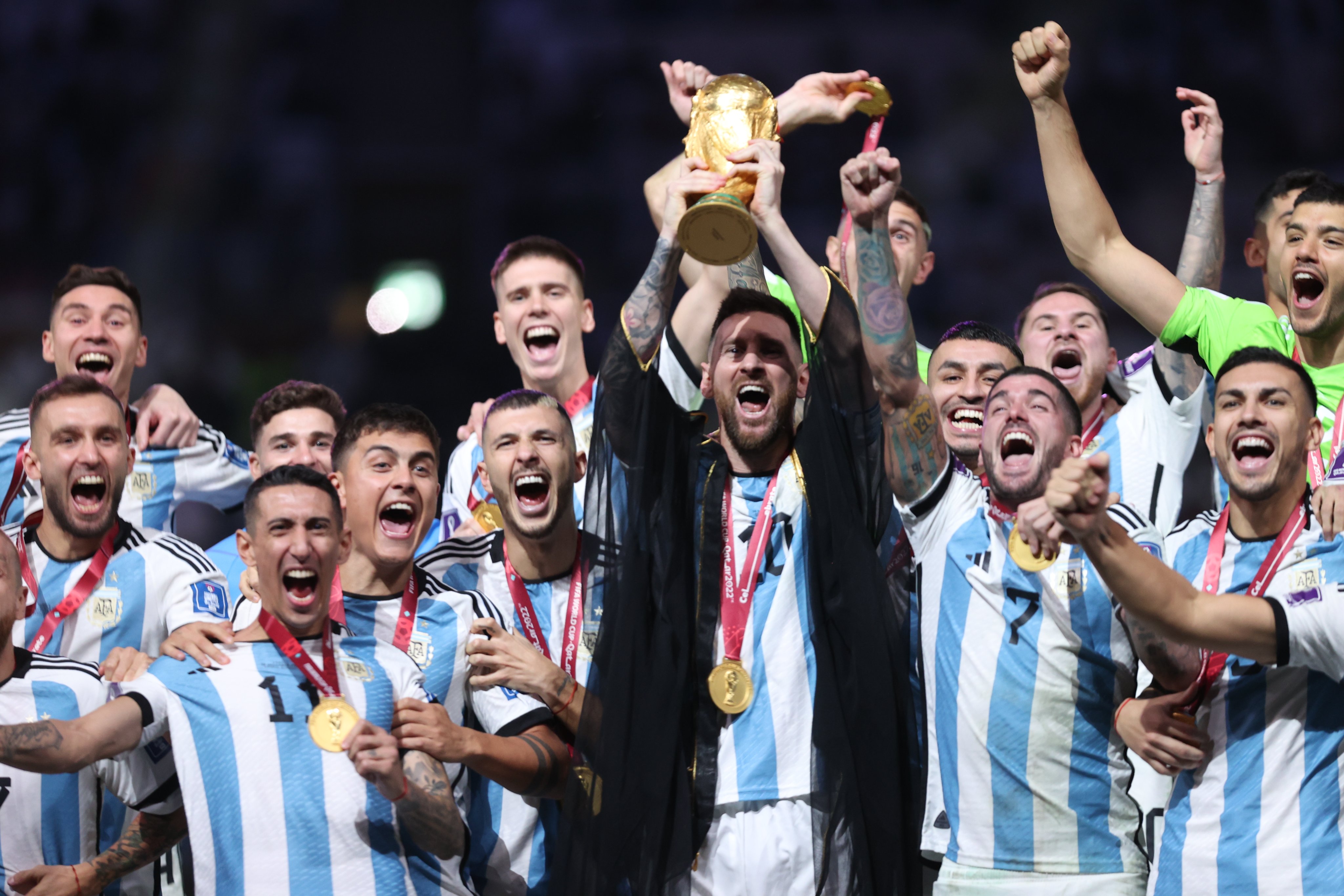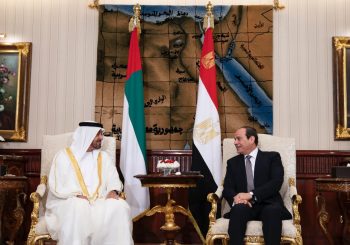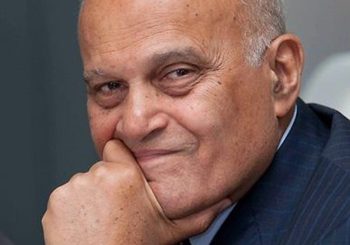Lionel Messi has finally earned himself and Argentina a World Cup title. While he was on stage receiving the trophy on behalf of his team as captain, Qatari Emir Tamim Bin Hammad al-Thani shrouded him in a bisht – a traditional and formal Qatari cape – for the whole world to see.
For some reason, Western media went wild.
Many commentators seemed to be of the opinion that the sheer black fabric of the bisht draped over Messi’s shoulders was stealing Argentina’s thunder by hiding the light blue and white stripes of the jersey underneath.
“Seems a shame in a way that they’ve covered up Messi in his Argentina shirt,” commented retired English footballer and pundit Gary Lineker, in conversation with Pablo Zabaleta, a retired Argentine footballer – who incidentally wore a suit jacket over his Argentina jersey during the conversation in question, but I digress.
Thank you @GaryLineker and everyone from @BBCSport for having me all the way to the final in this amazing tournament. It’s been absolutely pleasure working with all of you. pic.twitter.com/ZkQWo2KBpS
— Pablo Zabaleta (@pablo_zabaleta) December 18, 2022
Meanwhile, others claimed that something more insidious was at play. The picture of Messi finally lifting the cup will without a doubt be one for the history books. By dressing him in traditional garb, Qatar ensured the association of their country with the iconic and long-awaited moment – all in an attempt to distance themselves from the criticism that has been leveled against them throughout the tournament and in the leadup to it.
Since Qatar was selected to host the 2022 World Cup, they have been accused of sportswashing, a term that means using a high profile sporting event to polish one’s image in the eyes of the world. As the tournament drew closer, these accusations rose to a crescendo, going as far as calls in the West, particularly Europe, as the United States is not too concerned with football, to boycott the tournament.
Qatar was slammed for alleged abuses against workers – particularly migrant workers – whose poorly paid labour propped up this massive event in its entirety. It was also criticised for its treatment of members of the LGBTQ+ community. A fiery debate arose in the early stages of the tournament, when players were not permitted to wear ‘One Love’ armbands in solidarity with the LGBTQ+ community.
However, not only was this a debate that did not include members of the community from the region, but it was also a debate that had no equivalent in the last World Cup, which was played in Russia, a country where homosexuality is illegal and same-sex partners often face harsh punishment.
An incident that particularly highlighted how instinctive the accusatory sentiments are and how readily they are vocalized regardless of veracity, was the tragic death of sports journalist Grant Wahl in Qatar. During his coverage of the tournament, Wahl was briefly detained for wearing a t-shirt with a rainbow on it, a banned symbol, to protest Qatar’s anti-LGBTQ+ stance.
Though at the time of his death he had already been released, his brother, along with many others, rushed to say they suspected foul play — a statement he later retracted. It was ultimately determined that Wahl’s untimely death was not as a result of his detention or other foul play, but caused by an aortic aneurism.
The fact of the matter is that much of the criticism leveled against Qatar has plenty of merit, and that the euphoria of a sports tournament should certainly not deflect from that. And I find it more likely than not that sportswashing is indeed at play in this context. However, the lack of consistency in the standard of what is criticized and who is boycotted, the assumption of moral superiority, as well as the tendency to let an issue go once it is no longer in the headlines, is certainly suspect.
Another retired English footballer and pundit named Gary — this time Gary Neville — expressed himself on the matter, as the United Kingdom was one of the centers of the movements criticizing Qatar’s hosting of the World Cup, telling his compatriots to look at the situation at home before rushing to point fingers.
coming back to this. Gary Neville’s line is the correct line to have when you live in the imperial core. focus on your country’s issues first. pic.twitter.com/R28A1ys4JL
— Nihal | نهال (@NotNihal) December 19, 2022
“In our country, we have to look at workers’ rights,” he said. “But certainly, when football goes now, we have to make sure we pick up on workers’ rights wherever it goes.”
Though the line that links Grant Wahl, workers’ rights, and the Qatari bisht on Messi’s shoulders may at first glance not appear to be a bold one, it points towards a pattern of inconsistent standards of judgment applied to the Arab and Muslim world by the West, often in issues far more serious than a sports tournament.
Whether this outrage is the result of deeply ingrained othering that sees such events as primarily Western, or because England itself had lost its bid to host the World Cup while Qatar won, there is undoubtedly a bias among some commenters and media organisations in the West that leads them to seek offence and immorality, even where it does not exist.
What I think is particularly amusing here is that Messi himself did not seem bothered by the bisht situation, nor did his Argentine fans. In fact, many responses to the situation on social media seem to suggest that the garb gave the moment of victory its own, unmistakable flavour — rather like Brazilian footballer Pele’s picture wearing a sombrero upon winning the 1970 World Cup in Mexico.
Can’t believe that Mexico corrupted the sanctity of the World Cup by having Pelé wear a sombrero…sportswashing at its finest. pic.twitter.com/ohmKL9ZmVz
— Zach Lowy (@ZachLowy) December 19, 2022
It is the unprompted and disproportionate offense taken by many Western commenters upon seeing a cape over a footballer’s shoulders that lays bare the disingenuity of many of the attacks against Qatar, even those which in themselves may carry validity.
The opinions and ideas expressed in this article are the author’s and do not necessarily reflect the views of Egyptian Streets’ editorial team. To submit an opinion article, please email [email protected].







Comments (0)